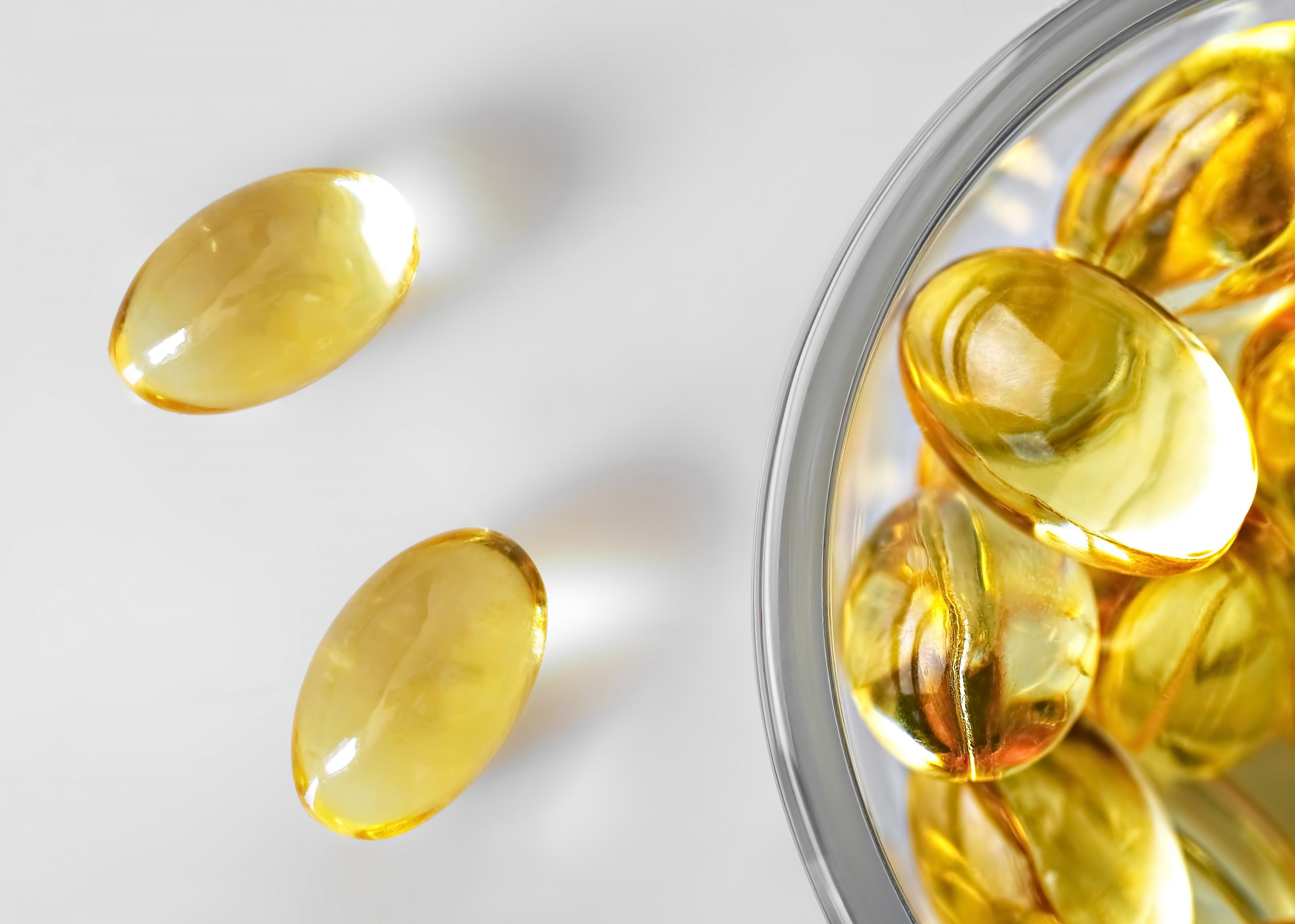Introduction: Why Vitamin D Matters More Than You Think
Imagine feeling constantly tired or noticing subtle bone aches—yet your diet seems fine. Often, the missing piece is Vitamin D, the sunshine nutrient your body relies on to keep bones strong and energy levels stable.
At London Osteoporosis Clinic, we see daily how restoring healthy Vitamin D levels can transform wellbeing, especially for those at risk of bone thinning or fragility fractures.
This article breaks down what your test results really mean, explains the confusing units (nmol/L vs ng/mL), and highlights the proven benefits of maintaining optimal Vitamin D.
What Is Vitamin D?
Vitamin D is a fat-soluble vitamin that functions like a hormone, influencing calcium absorption, bone metabolism, muscle strength, and even immune balance.
Your body makes it naturally when skin is exposed to sunlight, but limited outdoor time, darker winters, or low dietary intake can easily lead to deficiency—especially in the UK.

How Vitamin D Levels Are Measured
Labs express Vitamin D levels in two different units:
- Nanomoles per litre (nmol/L) – the standard used in the UK, Europe, and Australia.
- Nanograms per millilitre (ng/mL) – used mainly in the USA and some research papers.
Conversion Formula
1 ng/mL = 2.5 nmol/L
Comparison Table: Vitamin D Status Across Units
| Vitamin D Status | nmol/L (UK/Europe) | ng/mL (US) | What It Means |
|---|---|---|---|
| Severe deficiency | < 25 nmol/L | < 10 ng/mL | Bone pain, muscle weakness, rickets risk |
| Deficiency | 25–49 nmol/L | 10–19 ng/mL | Increased fracture & osteoporosis risk |
| Insufficient | 50–74 nmol/L | 20–29 ng/mL | May still impair bone and immune health |
| Optimal | 75–150 nmol/L | 30–60 ng/mL | Best range for bone strength & wellbeing |
| High (monitor) | > 150 nmol/L | > 60 ng/mL | Usually from excess supplementation |
(Sources: NHS, NICE, Endocrine Society, BMJ Nutrition)
Why Optimal Vitamin D Is Vital for Bone Health
- Supports calcium absorption
Without Vitamin D, only about 10–15% of dietary calcium is absorbed—raising the risk of weak bones. - Prevents osteomalacia and osteoporosis
Deficiency softens bones and accelerates bone loss, especially in post-menopausal women and older adults. - Improves muscle function
Adequate levels enhance balance and strength, lowering fall and fracture risk. - Boosts immune resilience
Research links healthy Vitamin D to reduced respiratory infections and better immune regulation. - Contributes to mood and metabolic health
Emerging studies associate low Vitamin D with fatigue, depression, and metabolic disorders.

Who Is at Risk of Deficiency in the UK
- People with limited sunlight exposure (office work, winter months).
- Those with darker skin tones (less UVB-induced synthesis).
- Individuals wearing covering clothing for cultural or medical reasons.
- Older adults (reduced skin production and renal conversion).
- Vegans or vegetarians with minimal fortified foods.
How to Optimise Your Vitamin D Levels
- Test regularly – through your GP or specialist clinic.
- Supplement safely – most adults benefit from 800–2,000 IU (20–50 µg) daily in winter, as per UK guidelines.
- Include Vitamin D-rich foods – oily fish, eggs, fortified milk, mushrooms.
- Enjoy brief sun exposure – 10–15 minutes on hands and face between 11 am–3 pm (April–September).
- Re-test after 3 months to ensure improvement.

Clinical Perspective from London Osteoporosis Clinic
At the London Osteoporosis Clinic, we assess Vitamin D as part of comprehensive bone health screening.
For many patients, correcting deficiency enhances bone density outcomes alongside calcium optimisation and tailored exercise.
Our philosophy: Prevention is strength. Identifying and treating Vitamin D deficiency early reduces long-term fracture risk and supports healthy ageing. know how much vitamin D do you really need daily
Conclusion
Understanding your Vitamin D result is the first step toward stronger bones and better health.
Whether measured in nmol/L or ng/mL, the goal remains the same: stay in the optimal range to protect your skeleton, muscles, and immunity.
📞 Book your bone health assessment or Vitamin D test at London Osteoporosis Clinic and take a proactive step toward lifelong bone vitality.


